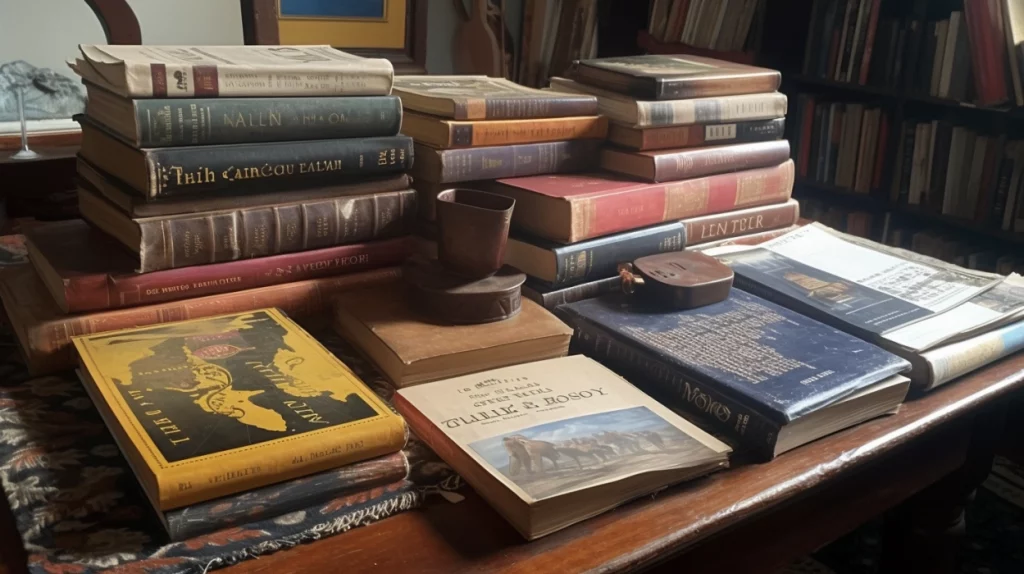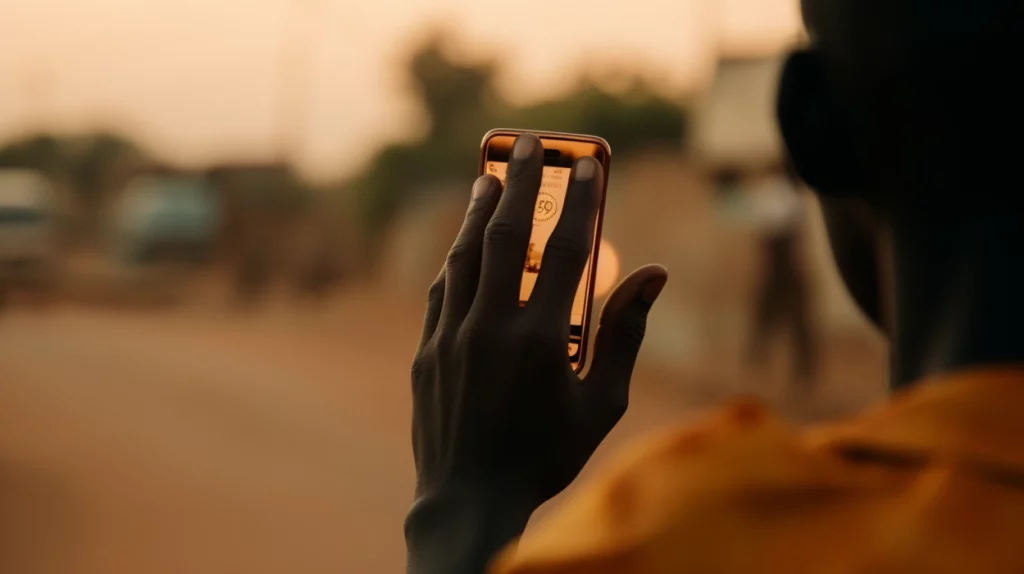Activism is an art. It is a subject of interest that has produced great personalities and a lot of valuable knowledge in the shaping of modern society. But as digital platforms are increasingly permeating modern life, activism as a form of art is inevitably taking on a new shape and form that is worth discussing.
I recall a couple of years back, in the aftermath of the Arab Spring, how much talk there was around social media’s place as a tool for activism, resistance and liberation. The hype has somewhat subsided now and the idea that social media is a powerful tool for democratic liberation is now one that is approached with great caution. This is particularly so because uprisings allegedly instigated by social media in Northern Africa and the Middle East have failed to fully live up to the hype.
But even when such uprisings seem to have caused destruction, some defend them as with a claim that they’re part of a democratic process that may yet yield fruit, in due course. We are still waiting, while keeping in mind that in Mr. Obama’s own admission, the aftermath of the ousting of the Late Colonel Gaddafi was the worst mistake of the former US President’s tenure. That aside, the impact of resistance in the digital era has been felt, and is causing the two following types of reactions, among others.
First, governments are growing very cold towards social media as evidenced by blackouts imposed in a number of countries in the past few years. Such tendencies are sometimes characterized as ‘dictatorial’ even though trends that are similar in principle can be seen in professedly democratic countries such as the US. Yes, they too have their demons to deal with.
One of the cases that illustrate this is that of Aaron Swartz. The young departed ‘hacktivist’ was fed up with the commodification of knowledge, and he attempted to illegally obtain millions of copies of online books and journals which he intended to freely share with the world. A justice system that ostensibly protects corporate interests at the expense of the public good frustrated, even harassed Mr. Swartz to a point where he took his own life. Digital technologies are empowering or producing activists who are sometimes a ‘pain in the neck’ for governments and corporations.
Second, people are becoming increasingly audacious. Courage spreads like a plague on social media, and people are taking advantage of it to speak up. Yes, theoretically, social media does provide ample room for expression, but is it being practiced in a manner that reflects free speech as envisioned by its pioneers? Not always.
There is a dangerous trend in the Tanzanian social media space that needs to be addressed. When thousands upon thousands of people are gladly embracing and celebrating pages and posts spreading falsehood under the banner of activism, one begins to question the claim that social media is empowering.
Activism always stems from disagreement. However, true activism draws its strength from enabling parties on opposing sides to reason together. Understandably, in the art of resistance, messages may be sent in the most dramatic of ways to forcefully get the attention of the intended recipients. But where should the line be drawn?
This reminds me of an incident where Kenyan activists marched to their parliament with pigs to protest their lawmakers’ perceived greed. Much as a few people found the symbolism distasteful, the protest itself was to be applauded, for it had a clear goal, an agenda, and a strongly crafted message. Such should be the nature of activism. Our online audience has a lot of lessons to learn from such movements.
Disagreement can never be an excuse for veering off from the truth. Activism is therefore not done by spreading rumors and falsehood – put simply, that is rampant rumormongering.
Difference in political opinions should never deter us from appreciating the good things that our leaders are doing, when they do them. Constant bashing may seem like activism, but it actually reeks of hatemongering.
Finally, we are a peaceful people. Even in the face of colonial oppression, the founding fathers and mothers of our nation did not resort to violence as a tool for liberation. Therefore, any mention of violence or wish of violence spoken out-loud in this period must not be mistaken for activism, but a desperate act of warmongering.
This article was first published in The Citizen. http://www.thecitizen.co.tz/oped/Are-we-pursuing-activism-or-rumour–hate-and-warmongering-/1840568-3918198-h4gq51/index.html




